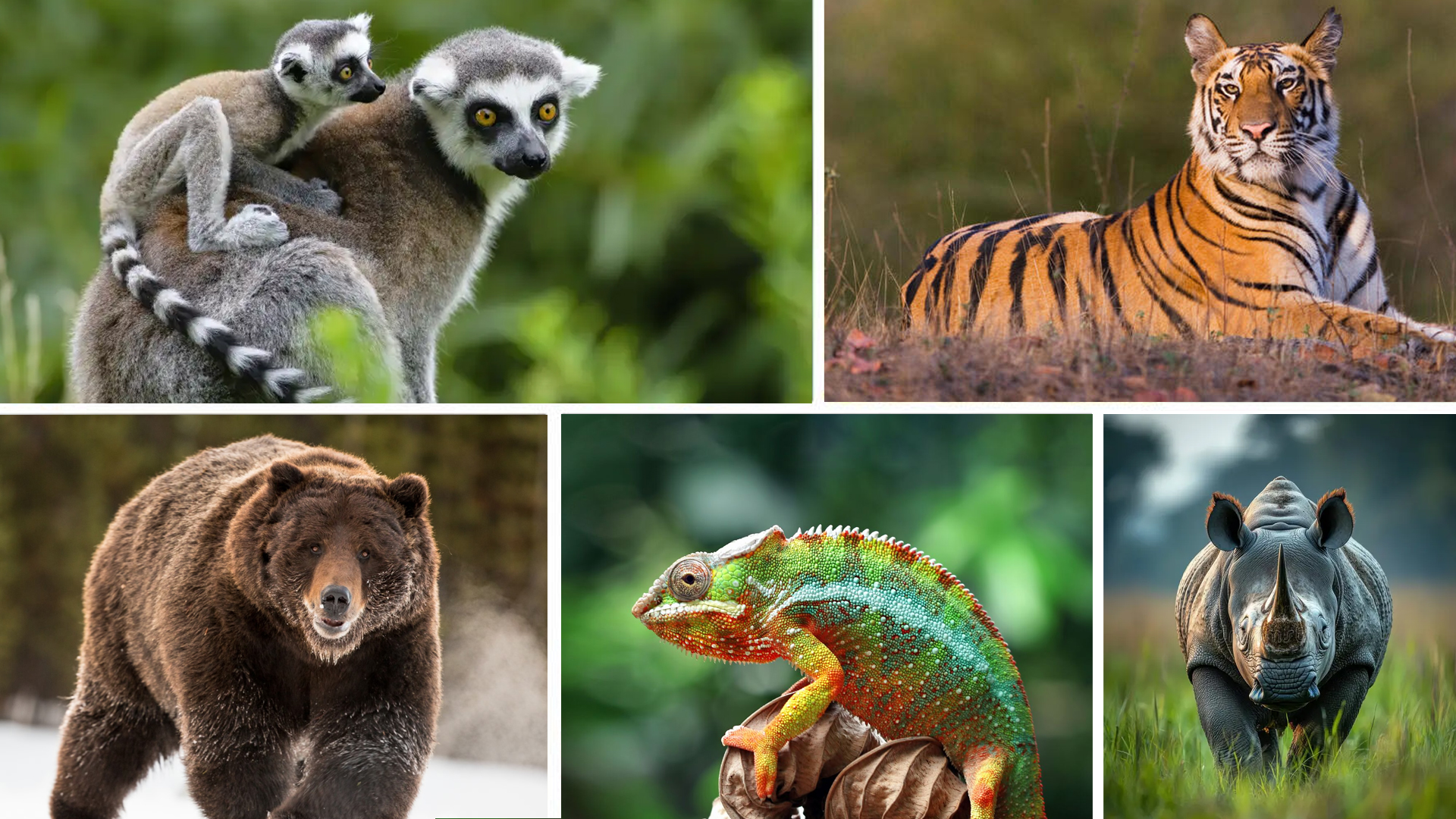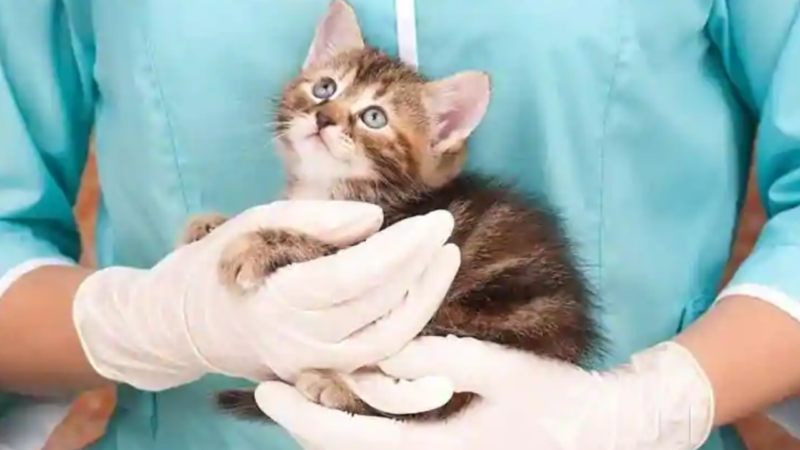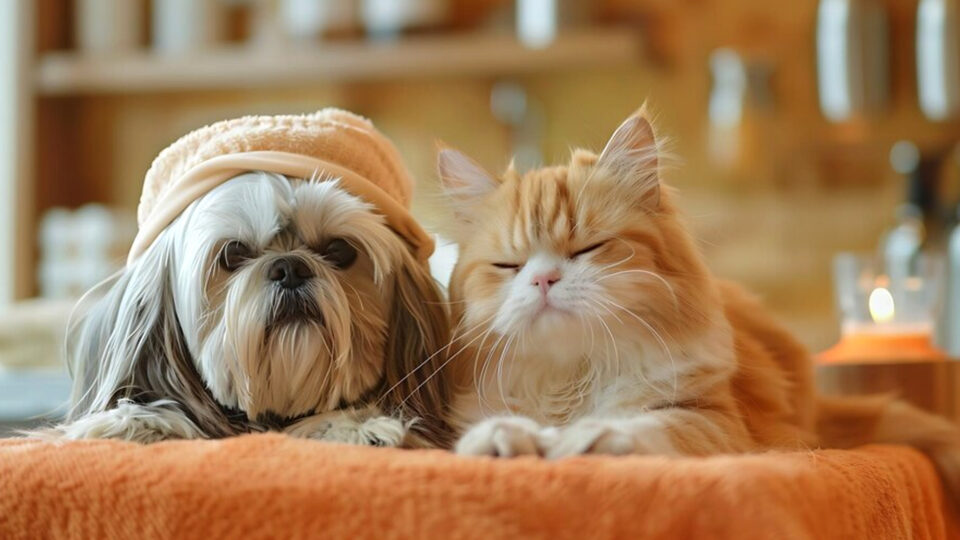
Animals That Are Illegal to Keep as Pets in India
India, a land of vibrant culture and diverse wildlife, has strict regulations regarding keeping animals as pets. This is primarily to ensure the safety of humans and animals. While some may dream of having a majestic tiger cub as a companion (absolutely not allowed!), the reality is far different. This article dives into the legalities of pet ownership in India, exploring the list of banned pets, legal options, and some interesting facts along the way.
Understanding the Legality: Banned vs. Legal
The Wildlife Protection Act of 1972 is pivotal in safeguarding India’s rich fauna. This act categorises animals into schedules, with Schedule I and Schedule II offering the strictest protection. Keeping any animal falling under these schedules as a pet is strictly prohibited.

The Never-Ever List: Animals You Can’t Keep as Pets
So, which animals are a definite no-no when it comes to pet ownership in India? Here’s a glimpse into the list of banned pets:
- Big Cats: Tigers, lions, leopards, cheetahs – these magnificent creatures belong in the wild, not someone’s living room.
- Primates: From the playful monkeys to the orangutans, keeping primates as pets is not only illegal but also incredibly cruel due to their complex social needs.
- Bears: Sloth bears, with their shaggy fur and long claws, might seem cuddly, but they are wild animals with powerful instincts.
- Reptiles: Many reptile species, including monitor lizards, crocodiles, and some turtle varieties, are protected under the Wildlife Act.
- Endangered Species: The Indian pangolin, the Ganges river dolphin, and the Great Indian one-horned rhinoceros – these endangered animals need all the protection they can get.
Wait, Can I Keep Any Wild Animals?
Unfortunately, the answer is a resounding no. Keeping any wild animal as a pet, even if it’s a seemingly harmless creature like a wild bird, is illegal in India. These animals have specific needs that cannot be replicated in a domestic environment.
Beyond the Ban: Legal and Safe Pet Ownership
Now, let’s move on to the good stuff – the legal and safe options for pet ownership in
- Dogs: From the loyal Indian mongrel to playful pups like Labrador retrievers and beagles, dogs are a top favourite in India.
- Cats: Independent yet affectionate, cats like Persians and Siamese make wonderful companions.
- Fish: Colourful and calming, fish like goldfish and guppies add a touch of tranquillity to any home.
- Small Mammals: Hamsters, guinea pigs, and rabbits can be delightful pets for responsible owners who can provide them with proper care.
- Birds: Budgies, parakeets, and certain finch species can bring joy with their chirps and songs, but be sure the species is legal to keep.
This isn’t an exhaustive list, but it gives you a good starting point for exploring legal and ethical pet ownership options.

Finding the Perfect Match
Deciding on a pet is a big decision. Here are some factors to consider:
- Lifestyle: Active individuals might prefer dogs, while those who crave low-maintenance companions could opt for fish.
- Space: Larger pets like Labradors require ample space to roam, while smaller breeds or rodents can thrive in apartments.
- Commitment: Pets are a lifelong responsibility. Ensure you can provide proper care, food, and vet visits.
The Exotic Allure (and Why It’s Best Avoided)
The internet might be flooded with pictures of unique “exotic” pets like sugar gliders or India! Here are some popular choices:marmosets. While these creatures may seem fascinating, keeping them as pets is often cruel and illegal in India. Not only are their specific needs difficult to meet in captivity, but the trade in exotic pets can fuel smuggling and endanger wild populations.
The Human-Animal Bond: Responsible Pet Ownership
Ultimately, responsible pet ownership is about creating a loving and enriching environment for your furry (or feathery) friend. Research the animal’s needs, provide proper nutrition, and give them ample opportunities for exercise and play. Remember, a pet is a companion, not a status symbol.
Sharing Our Lives, Not Cages
India’s rich biodiversity thrives because of strong wildlife protection laws. By understanding the list of banned pets and opting for legal alternatives, we can ensure the well-being of animals and create a harmonious bond with our domesticated companions. Remember, a pet is a commitment, not a fleeting fancy. Choose wisely, love unconditionally, and let’s celebrate the joy of sharing our lives, not cages.
While this article has explored the legalities and popular choices for pet ownership in India, it’s important to remember that pet care is an ever-evolving journey. New information about animal behavior and well-being emerges constantly. Responsible pet owners should stay informed, consult veterinarians regularly, and be prepared to adapt their approach as needed.

Beyond the Basics: A World of Resources
Thankfully, there’s a wealth of resources available to help Indian pet owners navigate this exciting path. Here are a few suggestions:
- Animal Welfare Organizations: Groups like the People for the Ethical Treatment of Animals (PETA) India and the Wildlife SOS champion animal rights and offer valuable resources for pet owners.
- Veterinarian Associations: The Indian Veterinary Association (IVA) provides information on finding qualified vets and staying updated on pet health issues.
- Online Communities: Numerous online forums and groups connect pet owners in India, allowing them to share experiences, ask questions, and offer support to each other.
The Bottom Line: A Fulfilling Partnership
Owning a pet can be a deeply rewarding experience, bringing companionship, laughter, and unconditional love into your life. By making informed choices, following the law, and prioritizing responsible pet care, you can ensure a happy and healthy life for your furry (or feathery) friend. So, explore the legal options, choose a pet that complements your lifestyle, and embark on a journey of mutual love and respect. Remember, a responsible pet owner is an ambassador for animal welfare, fostering a positive human-animal bond that benefits everyone.

A Final Word on Responsible Pet Ownership
Remember, the joy of pet ownership lies in the companionship and mutual respect shared between humans and animals. By understanding the legal framework, carefully selecting your pet, and providing unwavering care, you contribute to a harmonious coexistence.
Let’s strive to be responsible pet owners who prioritize the well-being of our animal companions. After all, they are not just pets, but cherished members of our families.
Would you like to explore a specific aspect of pet ownership in India, such as pet adoption, pet care tips, or the challenges faced by pet owners in urban areas?



